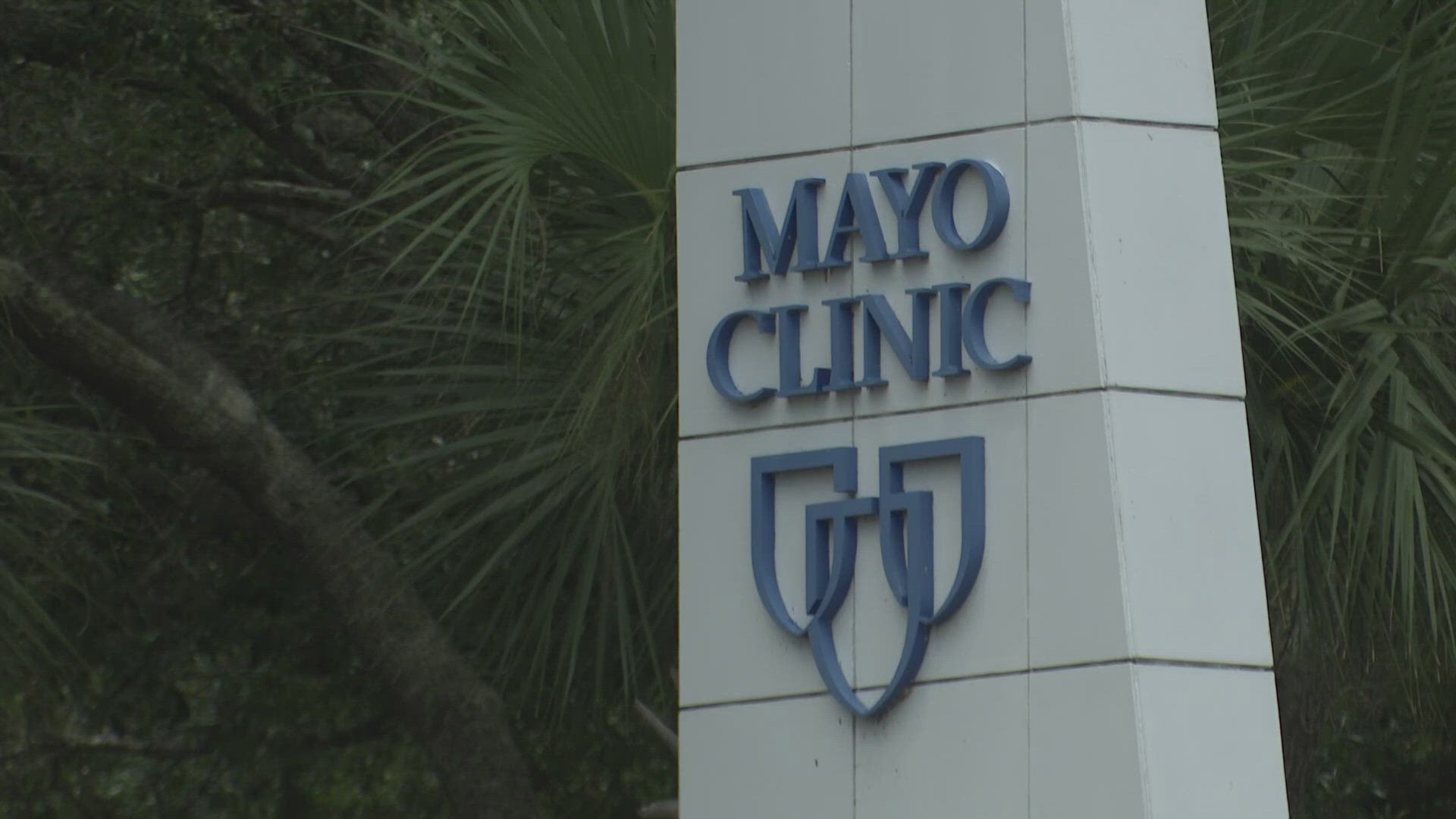JACKSONVILLE, Fla. — Businesses around the world are now recovering from CrowdStrike's global computer outage.
Airlines to financial services and media groups were hit by a global IT outage late Thursday night that caused cancelled flights and other work stoppages.
But what about potential life and death situations like hospitals? When computers go down in a hospital, what are doctors and nurses supposed to do in order to provide care to patients?
First Coast News checked with all of the major healthcare providers in Jacksonville and none of them said patient care was directly impacted, however some did say that they experienced outages that required repairs early Friday morning.
"This was one of the worst things to wake up to as an IT person," said Kevin Johnson, CEO of Secure Ideas.
Johnson has clients in the medical field who contract his company to test their computer systems.
"For a hospital, this is almost as bad as it can be," said Johnson, "doctors and nurses on duty can't access records for patients. If you were to go to an emergency room there's a likelihood that during this outage they wouldn't know who you were and what allergies you had to medicines."
Some hospital systems across Jacksonville started their day with computers that were down. A statement from Baptist Health reads:
"Baptist Health computers and systems have been impacted by CrowdStrike’s corrupted update which occurred this morning. Multiple fixes are in process and we remain operational. All of our emergency centers are open and patients should arrive for their scheduled appointments or procedures unless contacted to reschedule."
HCA Florida Memorial released the following statement regarding the widespread outages Friday morning:
"Our health system has not been directly impacted by CrowdStrike's technology issue and we are working with our vendors to understand any issues they may be facing. We do not expect the incident to impact our ability to provide care to our patients."
Johnson said that while computers in hospitals might have been down, other issues get introduced while each computer had to manually be repaired.
"On top of that you have IT people that now have to go through the hospital doing stuff," said Johnson, "so you have more people on the floor, more confusion."
So how do patients receive care while computers are down?
"You go back to the old system where it's on paper, it's phone calls," said Johnson, "the doctor's office is now calling the pharmacy."
Panama Pharmacy on Main Street in Jacksonville said they were not affected because their IT provider had redundancies and a backup in place. Johnson said that's as good as any company can do.
"Organizations, even if they weren't impacted by this outage, they need to look at this and say what would we do in this case," said Johnson.
The CrowdStrike outage was the widest spread outage to date, but because of the prevalence of computers in our everyday life, Johnson said an outage like this could happen again.
He recommends that businesses have a backup system that is offline and different from their primary system. He said another option is to wait one update cycle to let other users test the update first.

